Invitation from Ebony L. Haynes: Three New Poems by Rhea Dillon
In all of the pieces that I am commissioning this year as Topical Cream’s Editor-in-Residence, I have asked writers to consider the phenomenon of censorship and the various ways it is seen and felt in the art and creative worlds. Rhea Dillon is an artist and writer based in London whose work questions the ontology of Blackness versus the ontic. Rhea is also a poet, and so I was interested in how she might respond to a poem that has always resonated with me: Gwendolyn Brooks’s “We Real Cool.” Originally published in 1960, the poem was inspired by a walk that Brooks took through her neighborhood, passing by a pool hall full of adolescent boys who had seemingly ditched school in order to play a game of eight-ball. The poem addresses youthful rebellion. But it was also misinterpreted by critics: believing the word “jazz” to be sexual slang, rather than a simple reference to music, legislators banned the poem from Mississippi schools.
While interpretation invites subjective reading of poetry, for me, this censorship signifies the dangers of misinterpretation, a lack of mediation. Instrumentalized to serve some other purpose or agenda, the artwork or artist becomes a martyr for someone else’s cause. In response to my prompt, Rhea chose to complete three poems of her own which had long been works-in-process, guided by the mediating presence of Brooks.
— Ebony L. Haynes, 2024 EIR
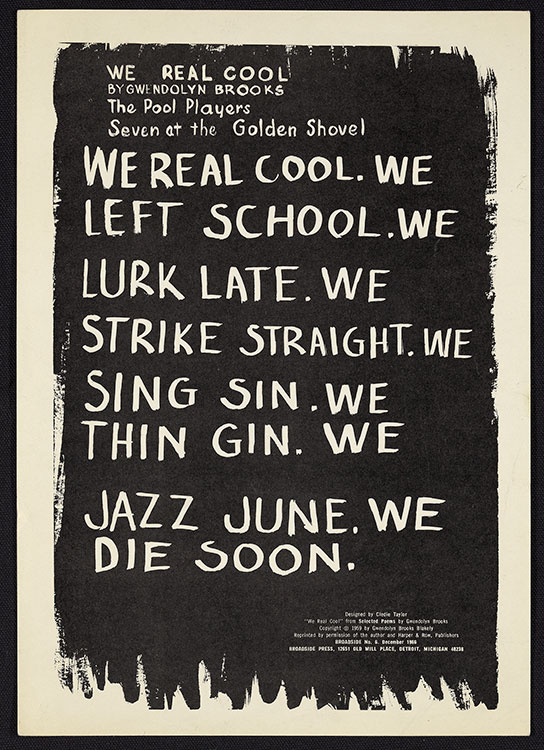
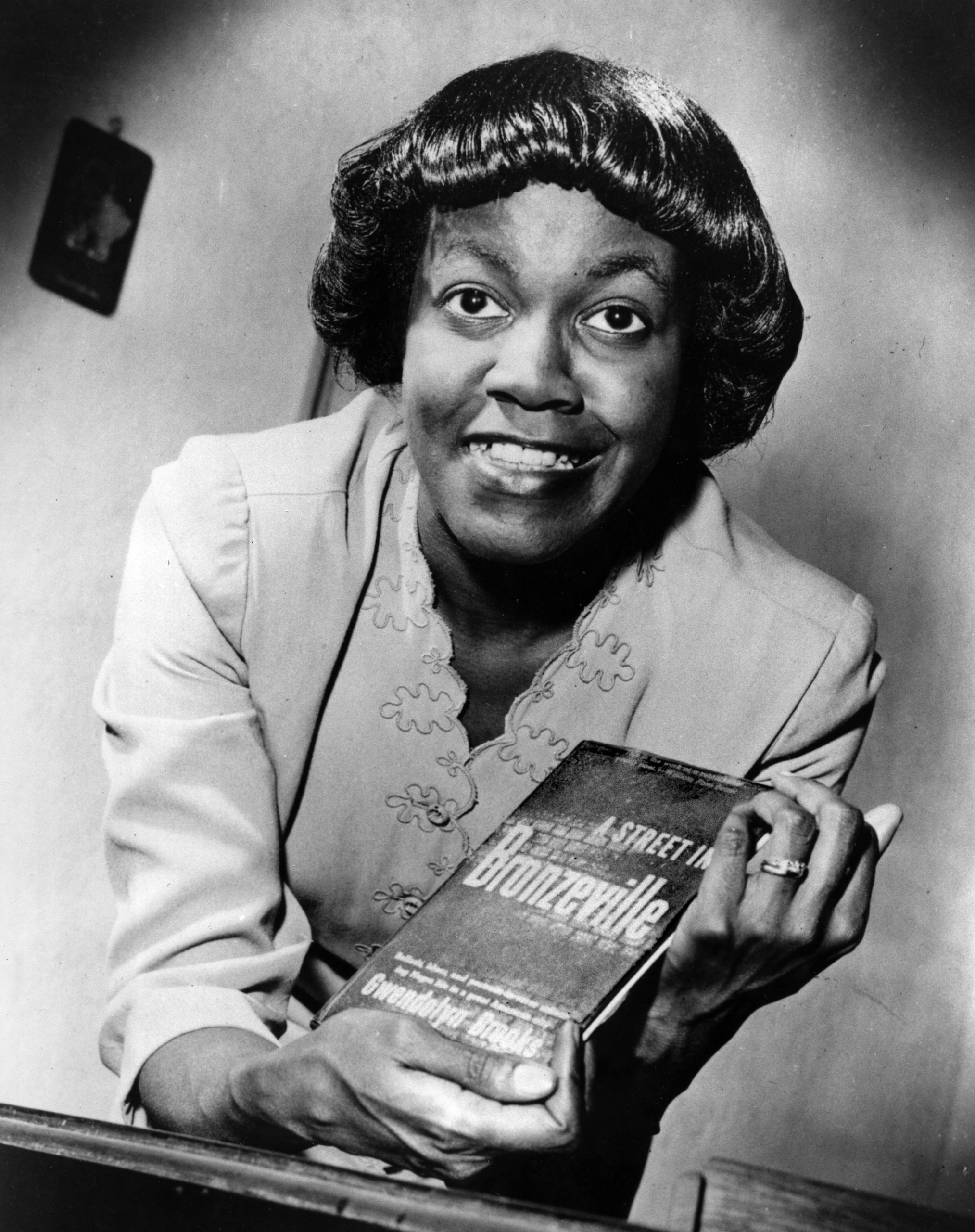
In Gwendolyn Brooks’s poems there’s a story being told, that feeling is clear, yet you don’t always know where you are within it. It’s not revealed to be revered; not always. And yet, I’m left stunned. On hold from life, perhaps.
This was a year of editing for me, so these poems have been worked on in their own silence for years, and, now upon the request from Ebony L. Haynes and Topical Cream, worked to be finished in 2024. In 2024, civilians, artists, and writers have been experiencing heightened levels of censorship as a result of their disgust for genocide, war, and injustice. Ebony’s prompt met me in my disdain for the effect and affect silence and noise has on the production of culture and critical discourse. It met me in a time of life on hold. This writing comes out of a “year of editing:” a place of listening both to others as their editor, as well as to myself, to consider the very factual and futile need for language. Language is never mutually exclusive. It is always both everything and nothing. In my world it has always been everything, and yet words cannot stop missiles. Yet, words can give peace, change views, explain political desires, and continue to share feelings in the language one carries. In the language I carry, I find English. A place I have disgust for because of its fascist and weak political output, yet a place I call home. England: for me, another thing unable to be perceived as mutually exclusive. I attempt to carry it; it attempts to drop me.
Upon Ebony’s invitation to think about Brooks, especially her poem “We Real Cool,” her “we” rings loud. Who is the we without myself? Who am I when present? Who am I when I present myself? Who am I when others are absent? What shape of we can a Black body carry? What can be carried in this time of contempt? That is where we, you the reader and I, meet: at what I can carry, for where we can go. Living with an inherited knowledge of what is able and unable to be carried when transported, fleeing, and landing, I share these poems to be read at a time when life is, and must, be put on hold.
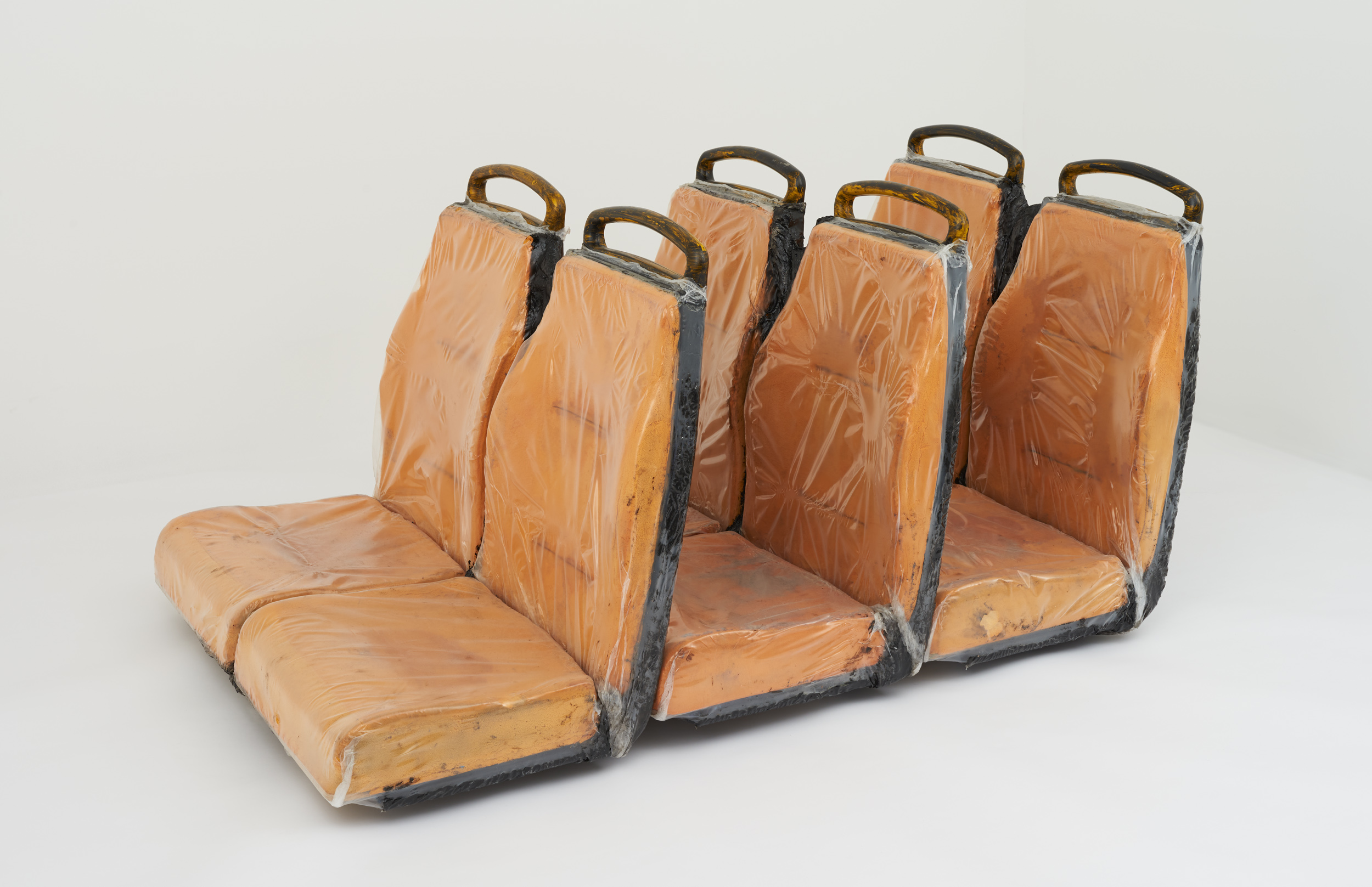
I am racing, raising the alphabet.
I am calling myself
in a voice reduced to a whisper.
“The press
with the flexible voice,” she read, barely
subtle even to a third eye.
I’ve lost my touch
if my touch was
the ability to be free.
Poetry
is the original freedom of speech
about the grip of a pen, or
the stiff in a wrist, or
the strain in a forearm
to elbow to shoulder to neck, cocked
to left to see the
empty page
be pierced by apprehensions of reality
so blissful until now;
unwritten.
Unetched year of
pondering who
drives the heart to
the pen who—
How
does the pen drive
the draw in, and
the ink out.
I AM RACING, RAISING THE ALPHABET
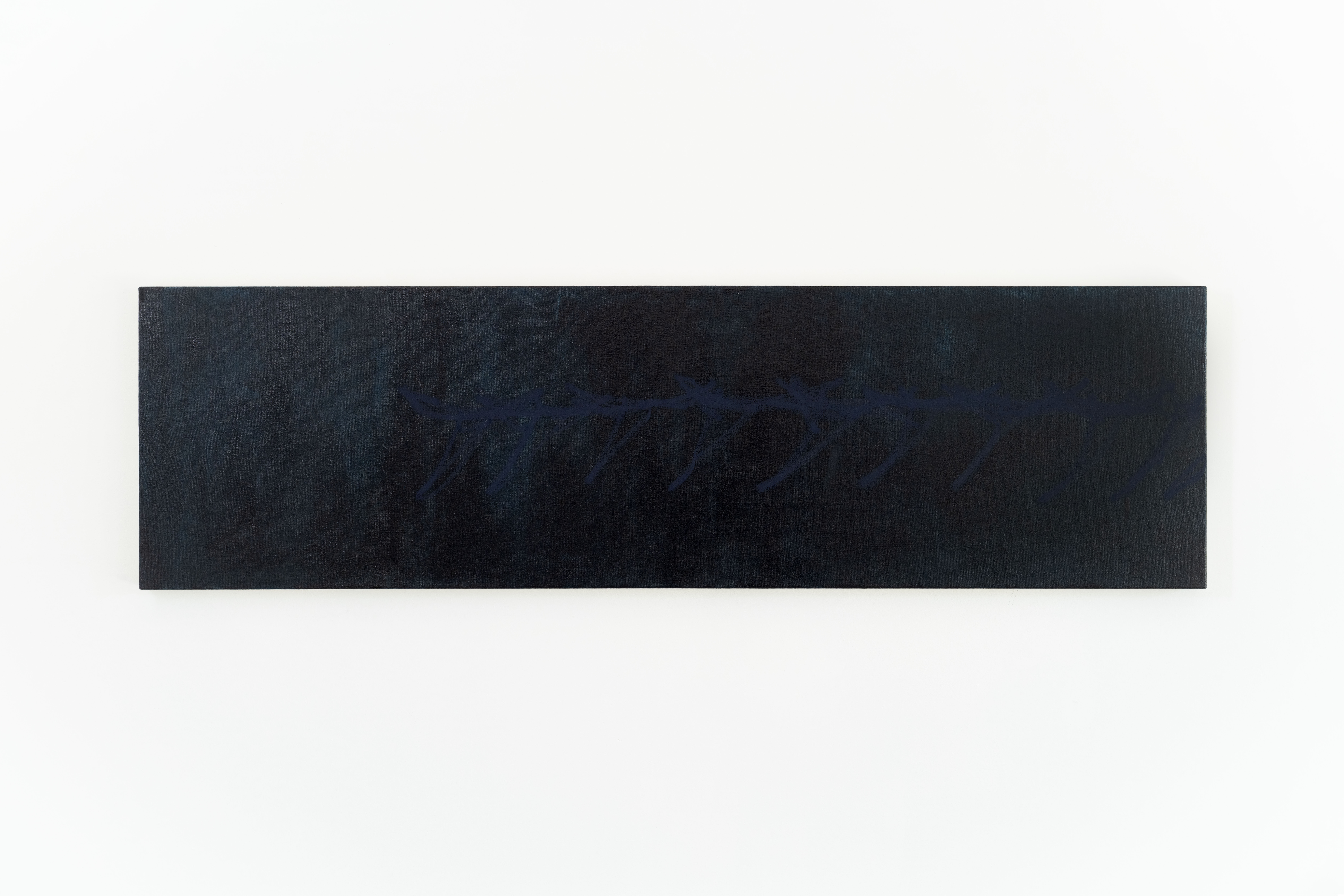
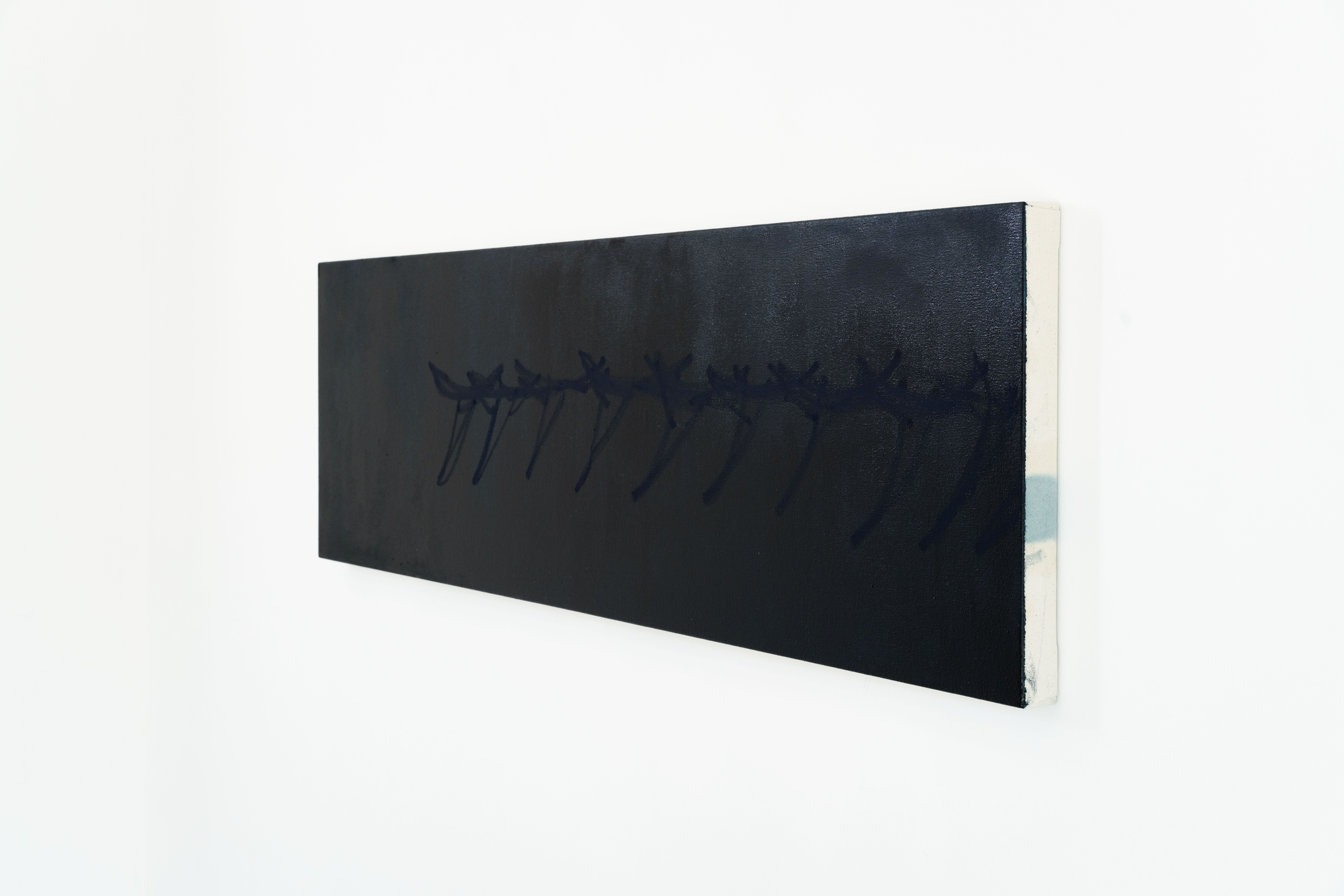
A clatter is not a song, instead, vibration. All this is good.
Goods and gods create a universal clatter
defining the space and time into a nut.
When does a climax ever not rid the journey taken?
A time past is a time, well,
spent only when living on the right side of the moon.
Mind wiped, belly empty, I wish for the ingredients
for a meal I would only lick because my compiling has become
lacklustre.
I always forget something on the shopping list.
I write my sights down
but omit the continuance of the emptying of my stomach.
I hate rigid routines. Yet
this body is mine and requires its feast.
Say something else. Say,
“my soul changed shape in my chest across all these journeys.”
In other words, I lost sight of what it is that I enjoy
and therefore
who I used to be, but
now I have a partner and great emotions.
Jazz in June.
No greater emotional clarity
but great highs and great lows.
Jazz of June.
Is this love
(in the break)?
That’s love living a golden life. I swear
I’m living my life like it’s golden.
I pass time in this life to be able
to levy the reality of my experiences
later.
Definitely not living for the moment.
I’m living for
the one-on-one catch-up reward of,
“I had that once. One time I–”
The ability to show off my golden goose life.
The gold is obviously real from
the Indian jewellers I grew up visiting with my grandma.
She still goes, but
I believe this is a phantom truth
as nearly all are closed now.
Remember her. She is forgetting.
The earth which filled her mouth
is vanishing from her.
But where does she go?
A description is not a birth date, and yet
I want to go on to tell the story of
where I started and
how I grew up to be important.
Important to you. Important with you.
Important for you. I’m
for you and for me, by me.
“You’re so self-obsessed!” she screams
after not yet having her turn. So
I puff up my pillows and
practise my breathing to whisper a bellow,
“What I want is exactly what you desire.
We are saying the same thing in the same language.
Different dialects at best.”
Intonation coagulates into great perceptions of self. Are we real or are we posers?
Note: I’m trying to speak to someone who has suffered a violence.
JAZZ IN JUNE (post Gwendolyn Brooks)
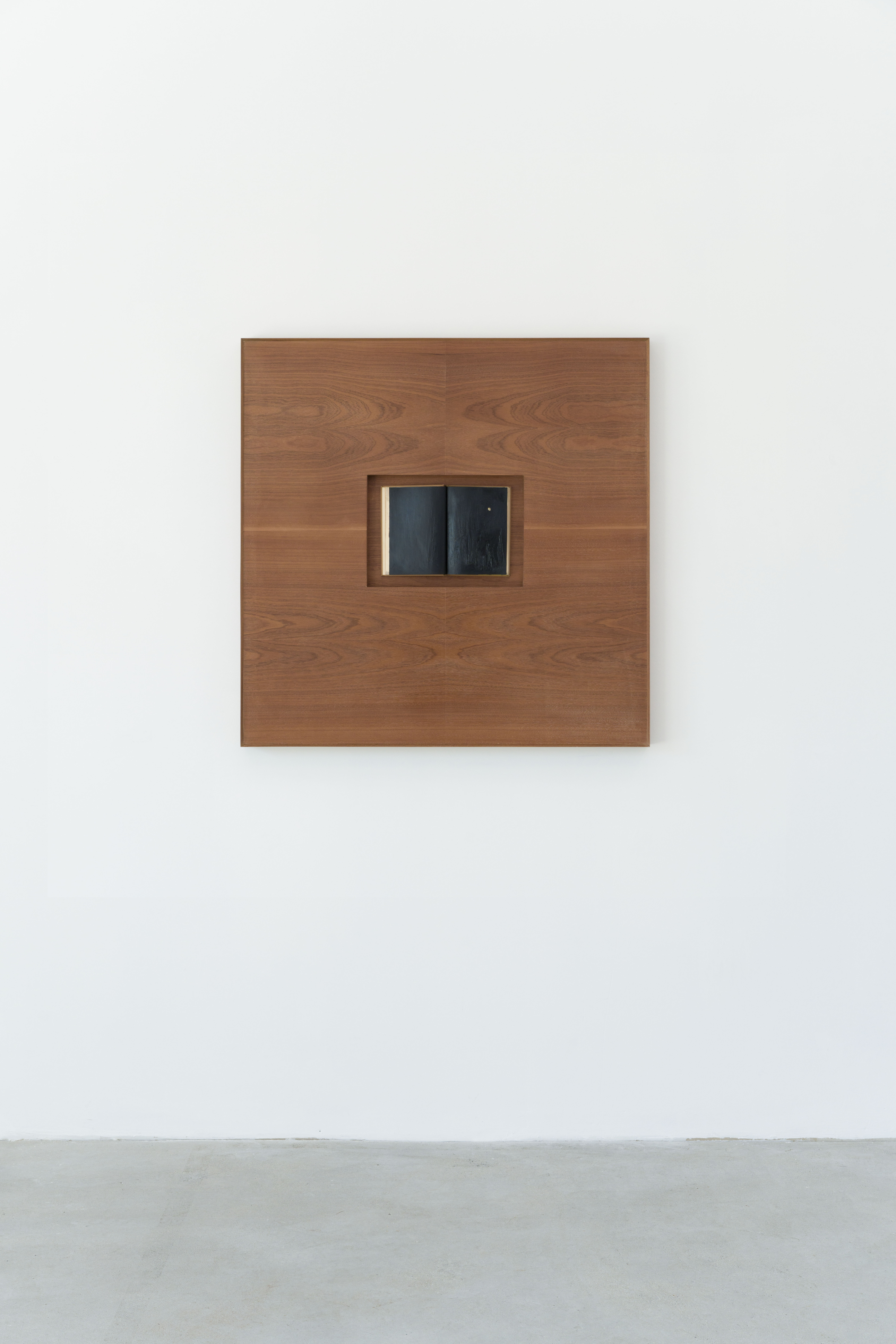
Words that make you have to stop
or have to have
a hook laced up your spine
and sit your ass down.
Whatever I’m doing, I have to.
But not with her,
She’s cool. Sure,
she moves me but where. Where,
she who moves
where I don’t care to care.
As I had; as I hadn’t, listen.
They say tomorrow’s a dirty word for people like us.
TOMORROW
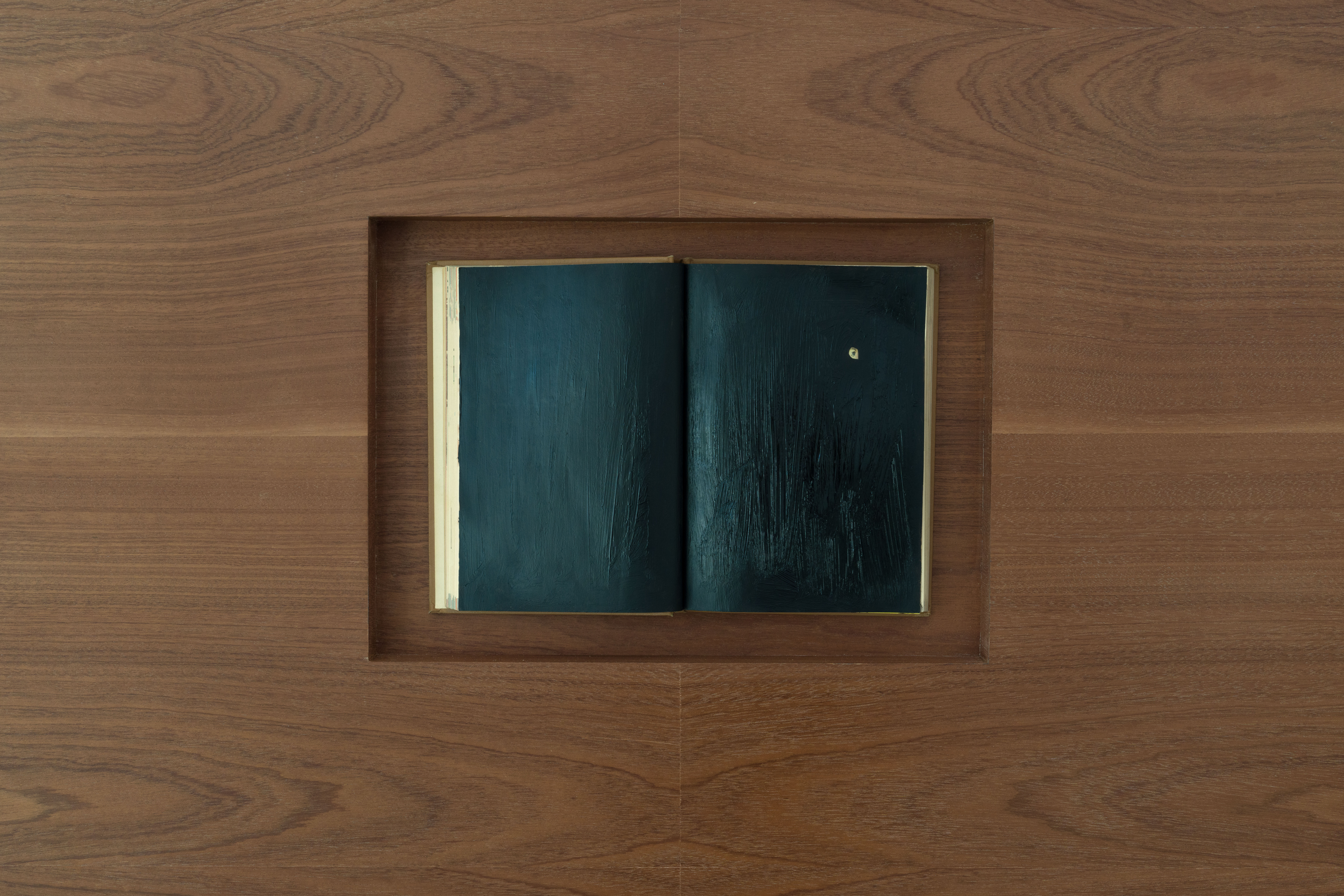
BIBLIOGRAPHY
Some favourites by Brooks selected from my extended research
Recordings:
Gwendolyn Brooks reading her poems with comment in the Recording Laboratory, Jan. 19, 1961
Gwendolyn Brooks reading from her poetry, Live in 1985
Books:
Selected Poems, Harper & Row, 1963
Poems from The Bean Eaters (Harper & Brothers, New York, 1960):
“In Honor of David Anderson Brooks, My Father”
“Strong Men, Riding Horses” (hear it here)
“Old Mary” (hear it here)
“A Bronzeville Mother Loiters in Mississippi. Meanwhile, a Mississippi Mother Burns Bacon.”
“The Last Quatrain of the Ballad of Emmett Till”
“The Chicago Defender Sends a Man to Little Rock” (analysis here)
“Bronzeville Man with a Belt in the Back”
Other Poems from 1963:
“my dreams, my works, must wait till after hell”
“the preacher: ruminates behind the sermon”
Later Poems:
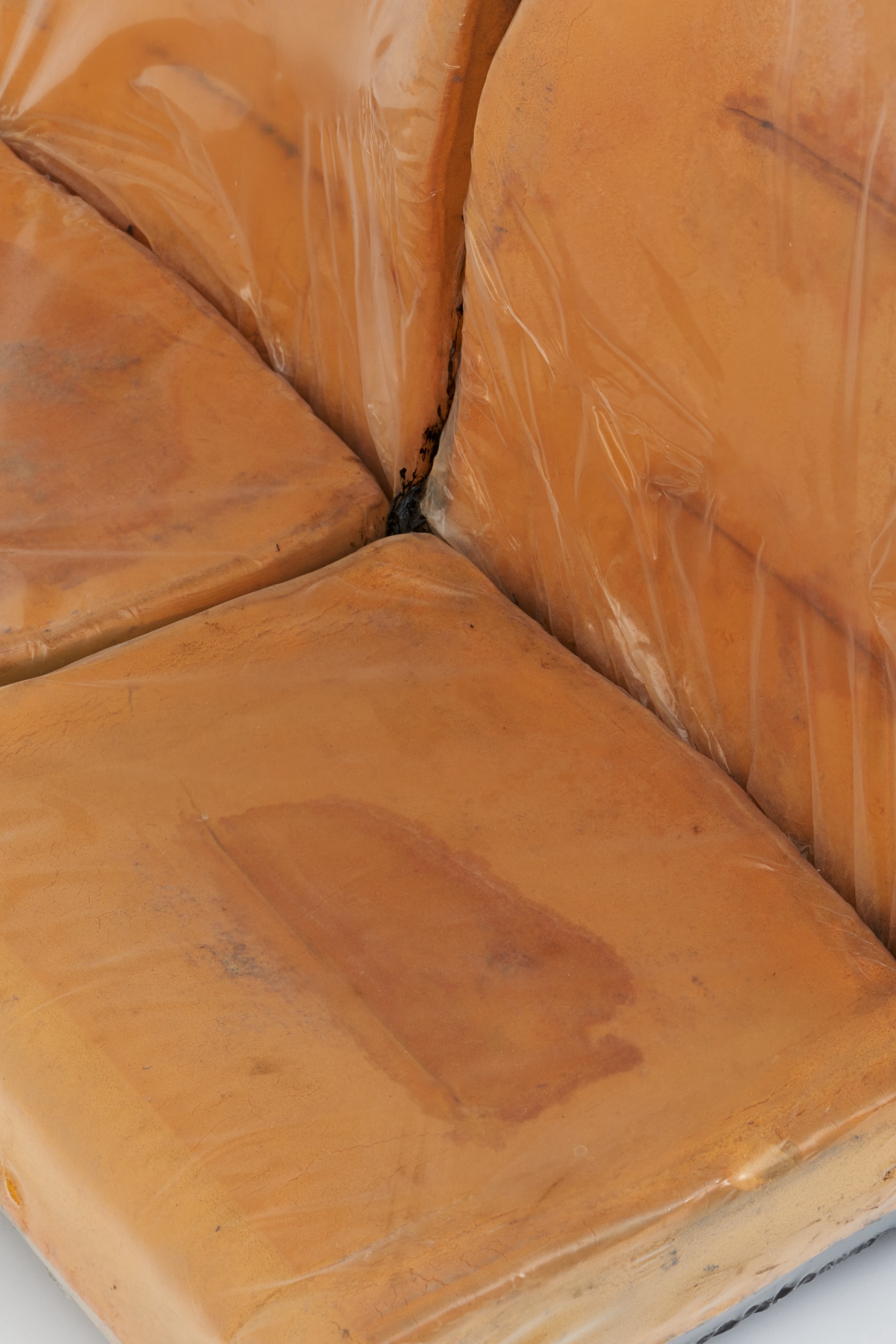
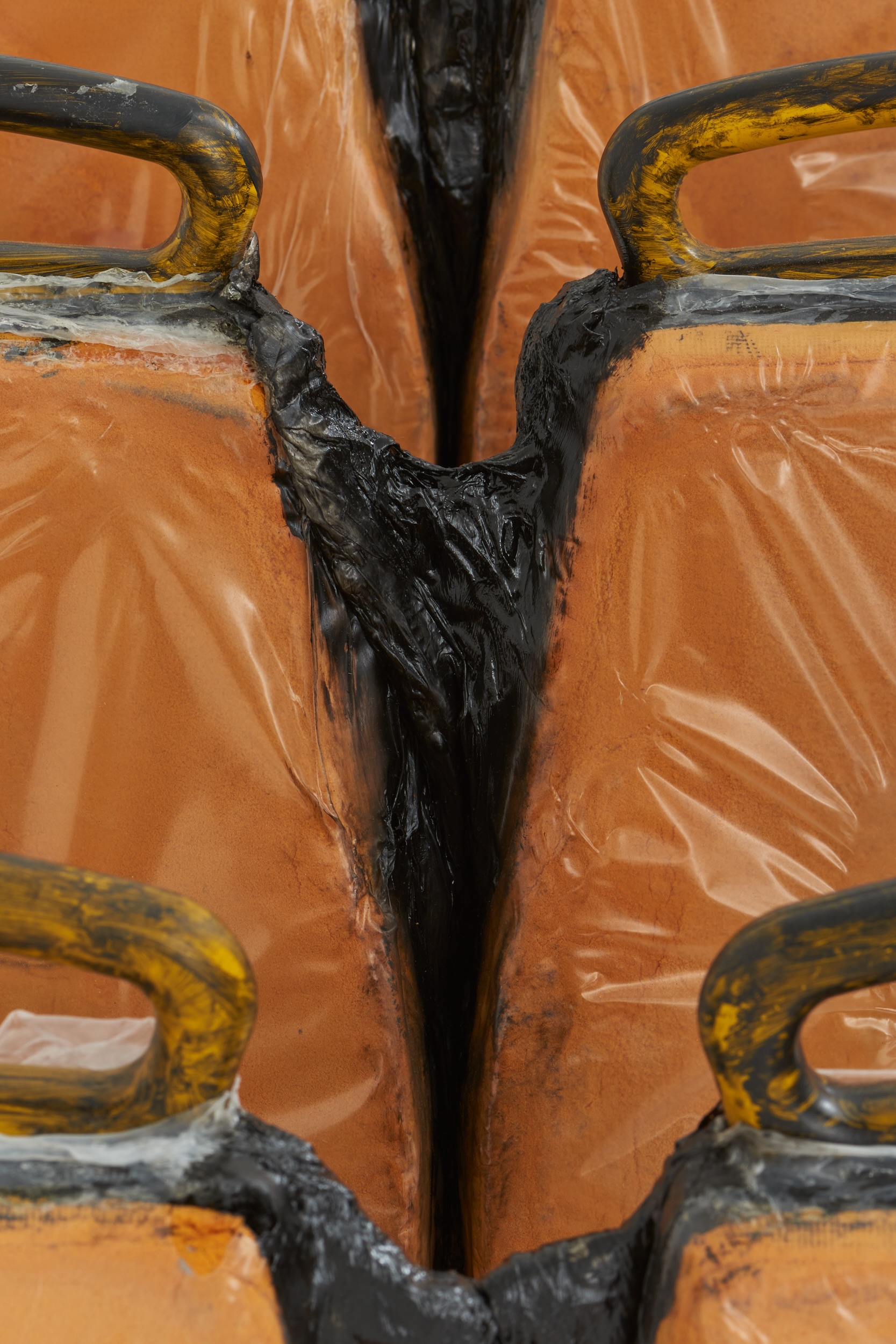
Rhea Dillon is an artist, writer, and poet based in London. Through sculpture, painting, olfaction, and video, she questions what constitutes the ontology of race and power, versus the ontic. Dillon’s first institutional solo exhibition An Alterable Terrain was held at Tate Britain in 2023 as part of the Art Now series. To accompany the exhibition, a book of the same title was edited by Dillon and published by Tate Publishing. The artist presented Catgut – The Opera as part of Park Nights 2021 at the Serpentine Pavilion, a publication of the same title was released in 2023 by Worms Publishing, with a launch at the ICA, London. Current exhibitions include Gestural Poetics at Soft Opening at Paul Soto, Los Angeles (2024); a solo presentation curated by The Kitchen, New York in tandem with the group exhibition Janus at Palazzo Diedo, Berggruen Arts & Culture, Venice; and Each now, is the time, the space at Lismore Castle Arts, Lismore (2024).